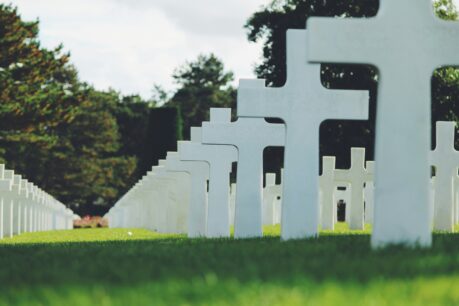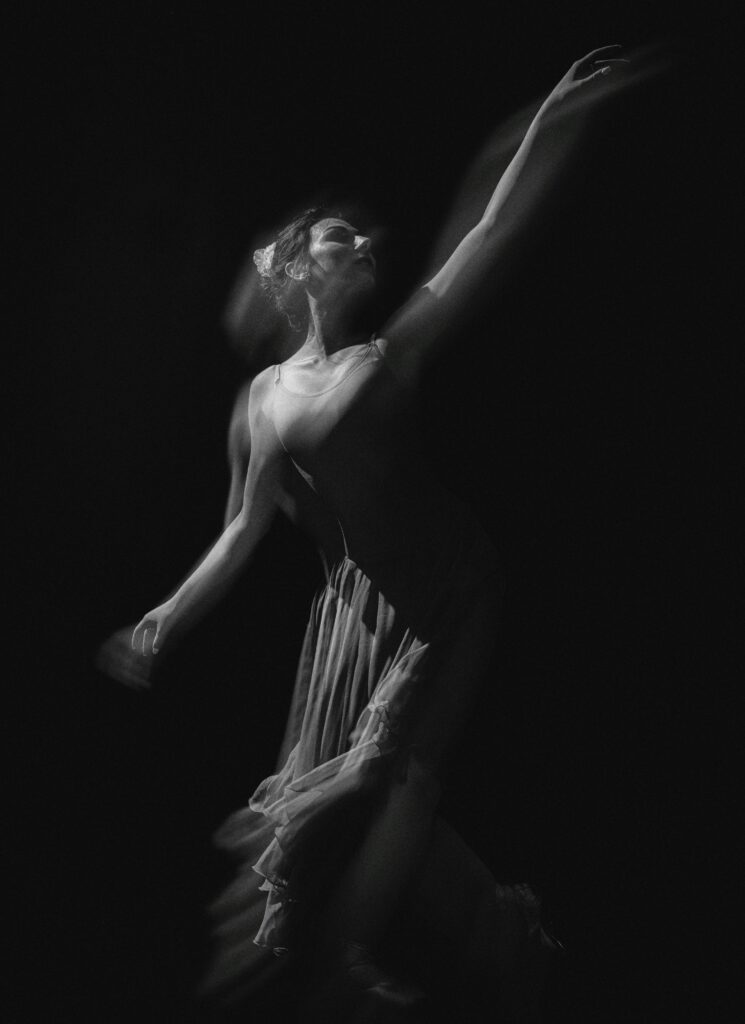Children Go to Heaven, Men Go To Hell
James Shapiro, November 15, 2023
When the sun came up, the little town and the light found each other.
In the equator, you live in flat lines; scissors divide day and night, folded halves of the same sheet, the same expanse of being. Light and dark do not quarrel. They take turns.
Many are born in this world; an equal number depart. Conventionally, departure is called death. For the people in this tiny habitation, many questions arose but no one spoke of them. The padre, drunk that he turned out to be, was sober on the one Sunday out of the four that he came to give Mass. He was still young then, and even after too much cachaça on a Saturday night, slight man that he was, had a sinewy strength, a cheerful and not outrageous narcissism that served him well. He spoke conventionally but with a simple and nice feeling about heaven and hell. That was enough. Women, especially, trusted him. Men did not. They didn’t grumble. They put their considerable concentration on rolling papers and tobacco crumbs, sealing the paper with a lick and then applying a spurt of flame to the stray bits hanging out of the tip until they ignited and that good, pungent, bad-for-you smoke swiftly rose in the hot, still air. They had the peasant trick with their suntanned thick fingers of deftly rotating the lit end inside the hollow of their cupped palms until, thriftily, they raised the inhaling end and gave life with a suck to the cigarette just as it showed perilous signs of imminent demise. This took years of practice and they were all expert. Zé, João de Maria, Sebastião, Etimildo–they squatted on the west wall of the church which provided some savior shade. It wasn’t so bad outside. Children played nearby except for the unlucky ones whose mothers took them inside for Mass.
The church was painted yellow outside, sharp blue inside. God-awful colors, but no one asked my opinion about such things and there would have been no good way to explain it. Rural Brazilians had an aesthetic all their own which no one could invalidate and to improve it by some other aesthetic was beyond even attempting to explain or translate for that matter. Their relationship was with sun. Everyone over the age of forty had the corners of their eyes crinkled, wrinkles that light furrowed ever deeper each year. By the time you were sixty you were a human walnut. Your skin was like leather, and on the exposed enough breast creases of the women, puckering lines ran horizontal to that once seductive line of shadow. There was a greenhouse moment to the beauty of young women, an ease, a rapturous skin that shone beyond shining and a smile of purity and charm that they barely recognized and that went early. Life asked for human rent and everyone paid. The men of supple strength and the quick placement and spirng of an almost noble gait, that went, too. Every movement was measured, clean, to the point, and on Saturday mornings they would wait, they did wait, sometimes dead-eyed, sometimes with a rich humor. Others sizzled away, cachaçeiros, unreachable drunks. People shrugged once they saw someone started down that route. The graveyard had many sleeping behind crumbling walls, once whitewashed and the top pained a dead, deep, cheerful blue no sky would ever match, navy almost like a wave you might see on the coastline to the far north.
We all squinted because the sun made every grain of dust rich with reflection. There was no fixed point anywhere for anything.
Every week it seemed someone died. And we all knew the simple path that ran straight to the cemetery’s gate. There was no point closing it. Someone would just have to open it regardless.
One morning, João do Littoral came into sight. He was wearing his best whites, burlap sacks from US food donations. His pants and shirts were neatly patched, and his ankles stained brown from the pants that rode a little high. The sun didn’t miss any chance.
On his head he bore a child. Men who carry loads wrap a small cloth on the crown of their head to stabilize the shifting weight and to cushion the impact. A small cardboard box held his daughter. He shifted her down easily, holding out this lightest of burdens so I could see, and smiled shyly. She had the gray mark, the way when blood has left, they go very fast and very far as if plummeting. No one knows their destination. The mother was at home but the floral print was her final gift.
“Beautiful,” I said.
“An anjo,” he replied. Any child under five years didn’t even need to be baptized to have distinction and that promise.
“Very good,” I said. “Go with God.”
“Thank you, Senhor.”
It’s been a long time since then, but I remember clearly one of his other children, a boy, stayed by his side, taking quick steps to keep up.
It’s just possible João might be alive. Surely his young son has himself by now raised and buried children of his own. We can say such with confidence.
Sandy soil opens and receives. Memories last no longer than their bearers. Before we leave, we should treat kindly what we know and what we have forgotten.
You may also like

Eyes of the Beholden
Unspoken desires linger in the shadows of a teacher's life, revealed through art
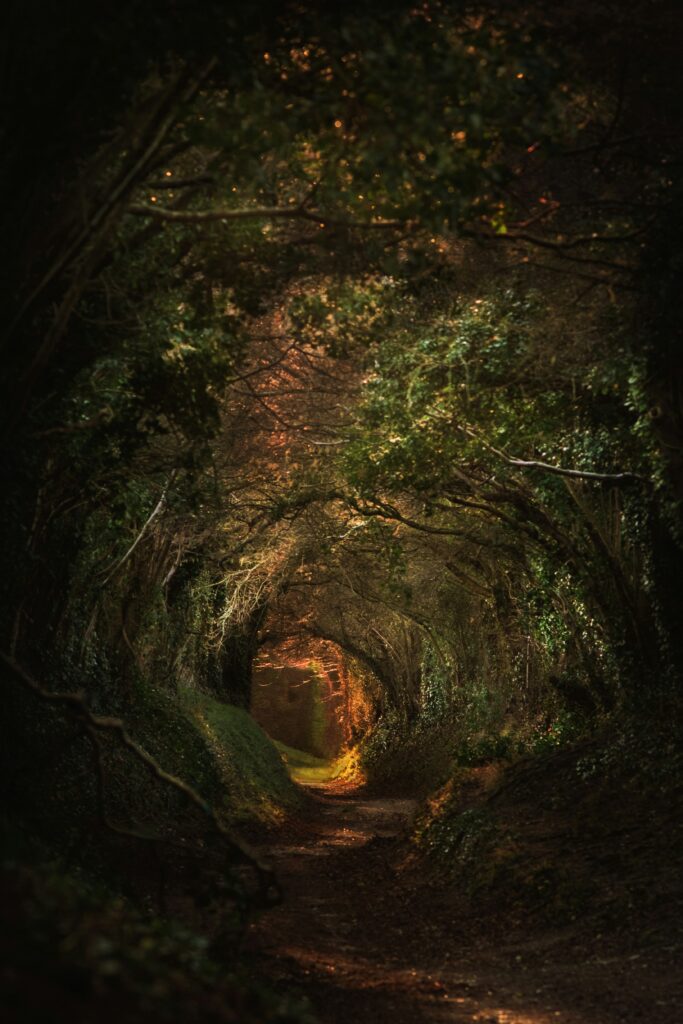
LOST
Bessie's odyssey through stormy nights, lost love, and secret graveyards unfolds with haunting beauty in "Lost" by Sandra Dennis.

Water Rising
Amidst a flood, a woman grapples with the past, and confronts the consequences in this haunting narrative of resilience.
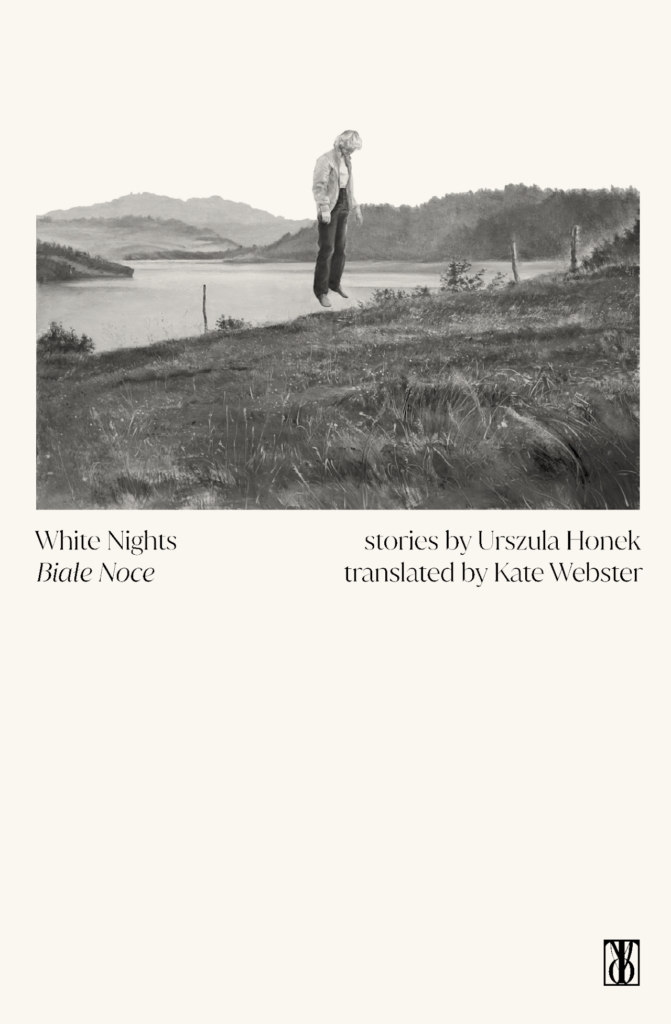
Book Review: White Nights by Urszula Honek
The debut short story from Polish writer Urszula Honek, White Nights, is akin to reading an account of a haunted place – one that is beautiful and devastating in equal
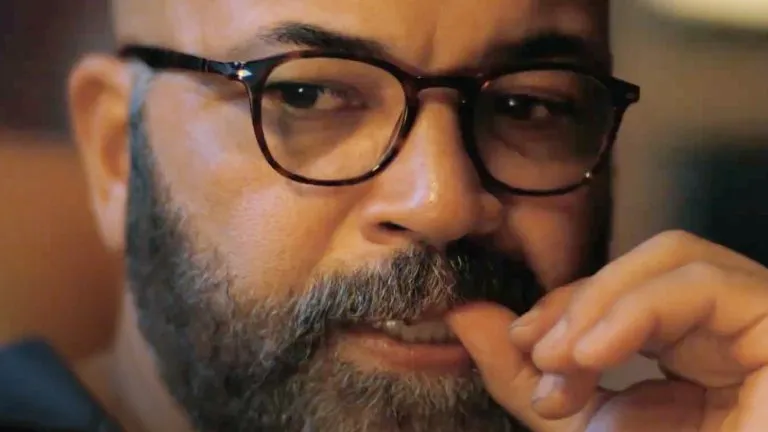
Beyond the Surface: The Multifaceted Lives of ‘American Fiction’
In essence, "American Fiction" and the experiences it draws from remind us that we are indeed more than the sum of our parts.
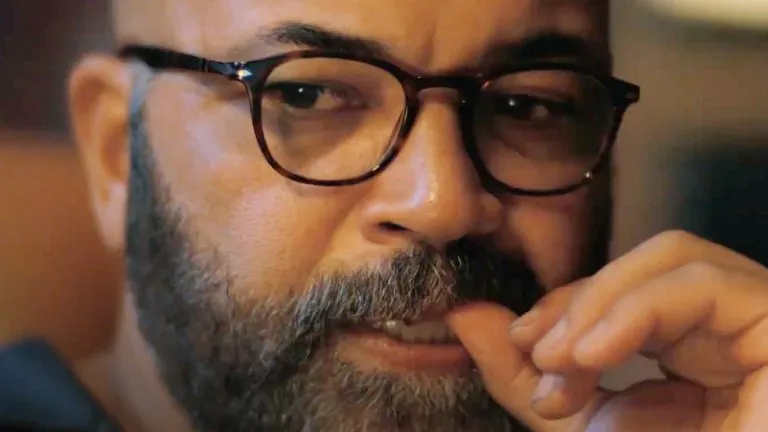
Beyond the Surface: The Multifaceted Lives of ‘American Fiction’
The narrative of “American Fiction” unfolds with a dual focus: it not only scrutinizes the unique pressures faced by Black creatives but also delves into the intricate and sometimes tense…
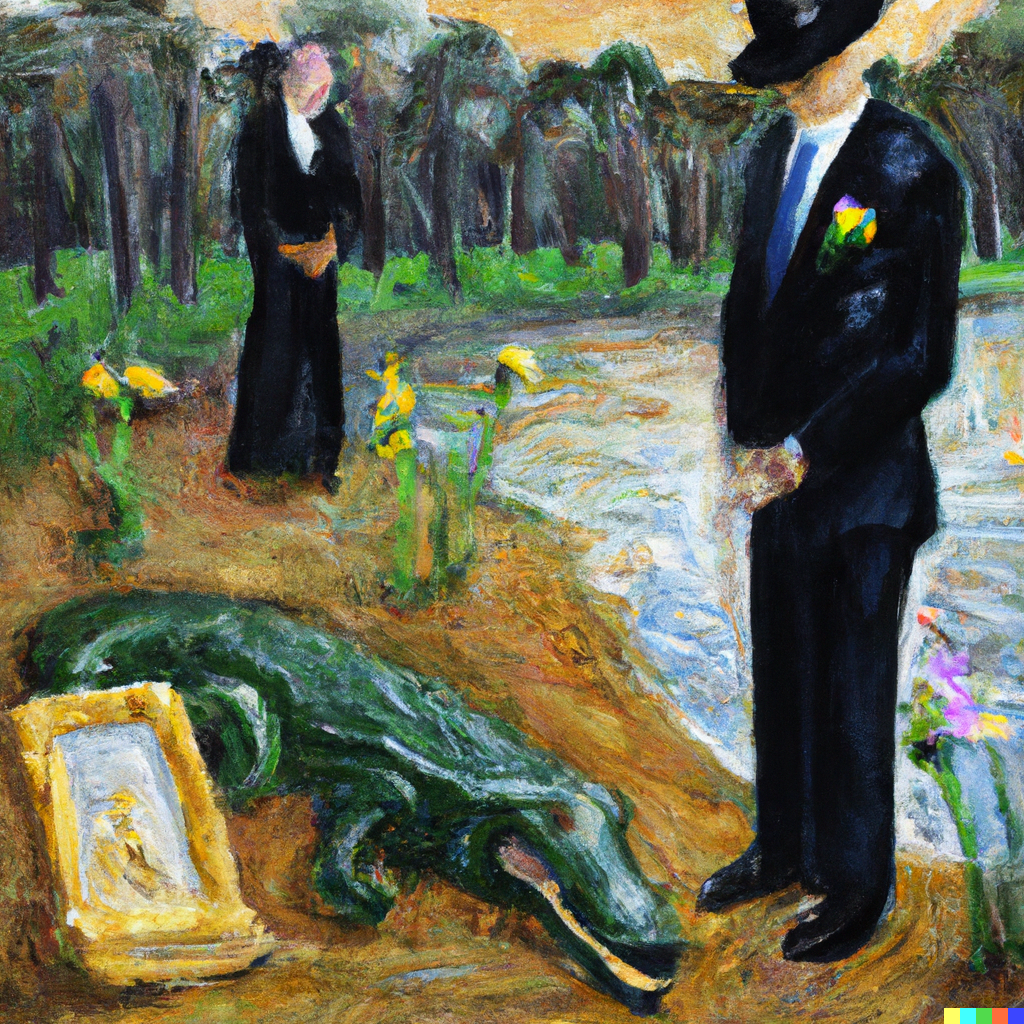
Uncle Bobby’s Funeral
Reluctant family faces the eccentricities of Uncle Bobby's funeral in swampy Chipley.




